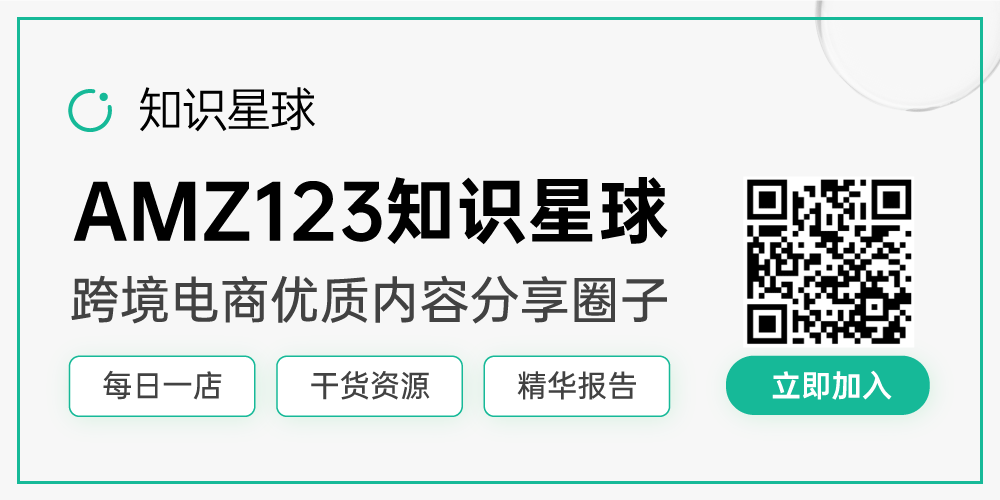再看账号申诉——从案例中学习正确的申诉思维(上)
本篇应该是我们这次账号申诉专题的最后一篇了,在这一篇中,我们来一起学习一个申诉案例,将之前干巴巴的理论性描述和实际的应用结合起来,通过这个案例学习,希望大家都能把握到正确的申诉思维,掌握基础的申诉技巧。鉴于最近卖家们收到的投诉以假货投诉居多,我们在案例学习中,还是继续使用之前的通知邮件:
“Hello, You currently may not sell on Amazon.com because you are offering items that may be inauthentic. A list of these items is at the end of this email.
To sell on Amazon again, please send the following information to pq-seller-assessment@amazon.com:
-- Copies of invoices, receipts, contracts, delivery orders, or authorization letters from your supplier issued in the last 90 days. The quantity of items shown should match your inventory.
-- If you are not the brand owner, provide an authorization letter and a complete set of documentation, including authorization letters, to prove a valid supply chain.
-- If you are the brand owner, provide a copy of the brand registration certificate, and business license or personal identity card.
-- Contact information for your supplier, including name, phone number, address, email, and website.
You can send .pdf, .jpg, .png, or .gif files. These documents must be authentic and unaltered. We may call your supplier to verify the documents. You may remove pricing information, but the rest of the document must be visible. We will maintain the confidentiality of your supplier contact information.
We will review your information and decide if you may sell on Amazon again. If you do not send the required information within 17 days, we may no longer allow you to sell on Amazon. Failure to provide us with the information above may result in us permanently withholding any payments to you.
Learn more about our policies in Seller Central Help:
--Amazon Anti-Counterfeiting Policy (https://sellercentral.amazon.com/gp/help/201165970)
-- Intellectual Property Violations (https://sellercentral.amazon.com/gp/help/200386260)
-- Policies and Agreements (https://sellercentral.amazon.com/gp/help/521)
To talk to someone about this email, ask our Seller Support team to contact you (https://sellercentral.amazon.com/hz/contact-us/performance).
ASIN: xxxxxx TITLE: xxxxxx
Sincerely,
Seller Performance Team Amazon.com http://www.amazon.com”
这里的邮件模板和之前的是完全一样的,那么,当收到了这个邮件,都有哪些事要做呢?
可能有的卖家还记得我们之前的内容,翻出之前的邮件,看看里面加粗的部分,然后表示对于流程已经一清二楚。没错,流程还是那么个流程不假,但凡是以这样的思路考虑的,恐怕都是真的做了不该做的事情咯。
一般的卖家收到这样的邮件,第一反应肯定不是“糟糕,得准备申诉了”,而是“怎么可能?!肯定是亚马逊哪里搞错了!”当然,也不能排除卖家在自己完全不知情的情况下,的确碰到了“卖假货”这条红线。在这种发生了既成事实,但是当事人却没有概念的时候,也会产生“我没错!”的印象。因此,收到这个邮件的第一件事,是先弄清楚,自己到底有没有构成卖假货的事实。不止是假货投诉,就算是其他投诉,第一步都是先搞清楚,到底有没有发生这种情况,通过各方查证,确认自己是否真的碰到了亚马逊的红线。只有确认了真实情况,后续的申诉才能形成助力,否则可能反而会让情况恶化。
回到例子中来,我们如何判断自己是不是卖了假货呢?要知道亚马逊所定义的假货覆盖了相当广的范围,从没有合法授权销售的商品,到产生侵权状况的商品,甚至客户留评中表达不满而使用的“knockoff、fake”这样的词也会导致亚马逊以“inauthentic”为由关闭卖家的listing或是冻结卖家的账号。而身为受害者的卖家,则得担负起找到具体的,引起亚马逊关闭行为的原因。就算卖家的确对自己的违规行为心知肚明,也应该再重审一遍账号的其他方面,确认所有潜在的点。这个看起来似乎和我们之前说的言多必失矛盾,可实际上当亚马逊只是说“inauthentic”的时候,除了他自己,谁都不知道他是根据哪一个原因还是某几个原因做出的判断,因此我们必须得保证“inauthentic”的点都包含在申诉书里。否则,申诉信交上去了,但是没有覆盖全,亚马逊可能会认为该卖家是在刻意逃避责任,那么回复的结果就难说了。我们在之前强调的言多必失,指的是亚马逊在说“inauthentic”,而我们还额外的说了“abuse the platform”“poor performance”这些事情。
在确认具体原因时,我们需要有序的行动。首先,确认产品信息是否可能存在侵权。做这个确认时可能会需要一些专门的代理机构协助,毕竟我们只有17天甚至更短的申诉时间,要在浩瀚的商标,专利海洋中去确认是否侵权,实在有点浪费时间。进行商标,专利等查询的同时,就得转向自己的供货渠道,该认证的认证,该出具材料的出具材料。如果的确是自己的供应链上的问题,照实说。想要靠别的门路弄资质证明之类的朋友们,想想我们之前文章的内容,你是否还记得伪造证据的后果呢,还是说,值得一搏?还有客户评价和投诉的部分,不过这部分并不需要特别调查,反正他们投诉的也是和“inauthentic”相关的,那么调查的内容基本上都是重叠的,之所以要确认评价,只是为了确保在申诉的时候不会因为漏掉了而被亚马逊扣上个逃避责任的帽子。






































